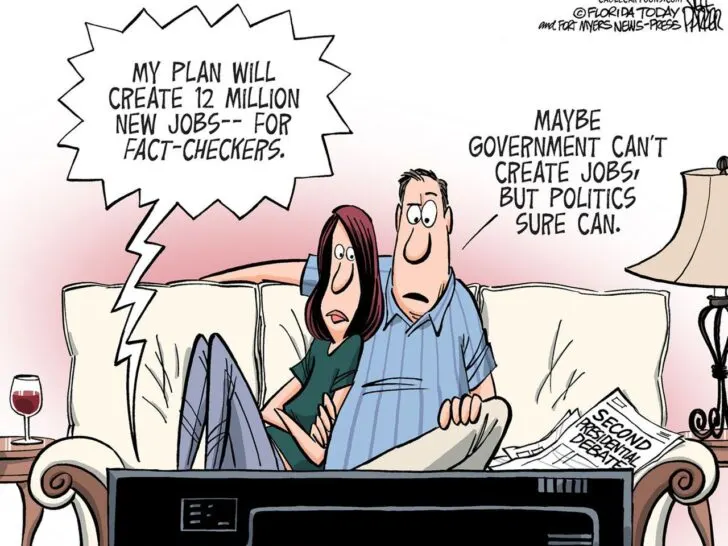A “political junkie” is an individual with an insatiable appetite for all things related to politics—be it elections, governance, policy analysis, or the intricate dance of political maneuvering.
The term captures the essence of someone who is not just a casual observer of political events, but a connoisseur of the strategies, tactics, and personalities that populate the political arena.
Often well-versed in political history and theory, a political junkie is not merely content with the surface-level details presented in mainstream news; they seek out in-depth analysis, engage in detailed policy debates, and often find enjoyment in even the minutiae of political processes.
Unlike the average citizen, who may view politics as a periodic duty or even a nuisance, the political junkie sees it as a spectator sport, an intellectual exercise, and sometimes even a calling.
They are the individuals who not only know the names of their local representatives but are also familiar with key players on the national stage, up-and-coming politicians, and even international figures.
They understand not just the explicit rules governing political behavior—such as electoral regulations or legislative procedures—but also the unwritten norms and strategies that influence political outcomes.
They can discuss the implications of gerrymandering, the nuances of the filibuster, and the strategic calculus behind diplomatic decisions with ease.
They are also sometimes called political animals.

They’re not necessarily partisan
This level of engagement often transcends partisan lines.
While many political junkies do have strong ideological leanings, their fascination with politics itself is often non-partisan.
They find worth in analyzing the strategies of both sides of the aisle, even if they don’t agree with them.
Their critiques are often more nuanced, seeing beyond mere political talking points and delving into the structural and strategic elements that influence political decisions.
Moreover, they engage with a wide range of information sources, consuming everything from mainstream news outlets to specialized political blogs, academic journals, and even primary source documents to feed their need for political insight.
The rise of social media and the 24-hour news cycle has provided fertile ground for political junkies to flourish.
Beyond merely consuming information, many actively engage in political discussions online, write op-eds or blog posts, and even create podcasts or YouTube channels dedicated to political analysis.
Some transition from being mere observers to becoming political operatives, consultants, or commentators, leveraging their extensive knowledge into a professional role within the political ecosystem.
Use of “Political Junkie” in a sentence
- Political junkies often find themselves glued to C-SPAN and Political Wire, dissecting filibusters and committee hearings with the same enthusiasm that sports fans bring to a championship game.
- During election years, a political junkie’s social calendar is likely filled with debate-watching parties, grassroots campaigning events, and late-night discussions dissecting poll numbers.
- While some people scroll through social media for entertainment memes or celebrity news, the political junkie is more likely to be found deep-diving into think pieces, legislative updates, and punditry to fuel their never-ending appetite for political insight.